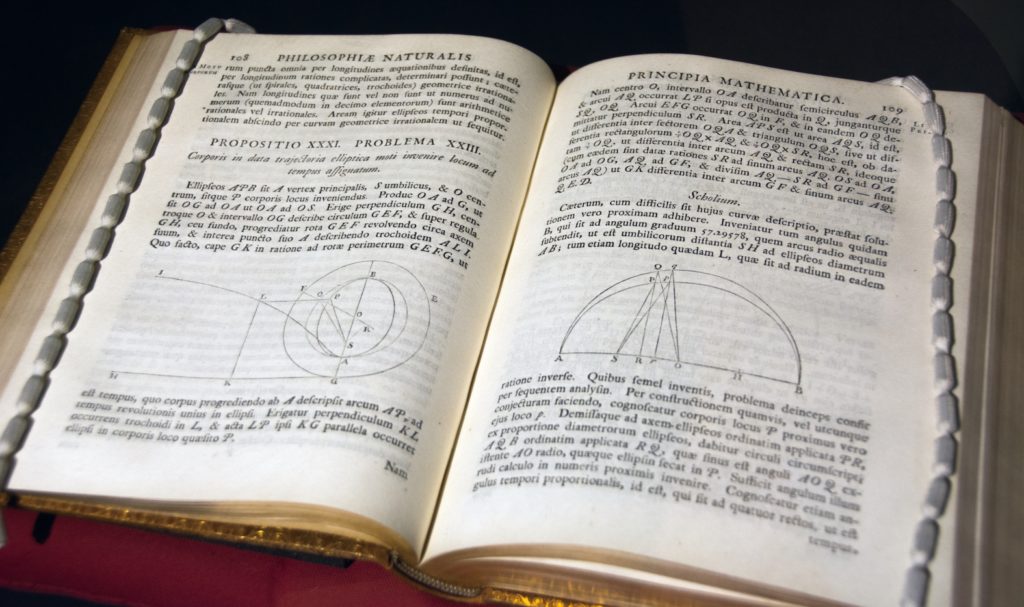Math and I just do not get along.
It has not always been that way. We started out so promising. I actually enjoyed math through the sixth grade. Then, the “word problems” came into my life. Frankly, I did not care what time the train got into the station or how many miles per hour it was traveling, and any of the other variables these kinds of “math” problems presented to me.
When I was being instructed by the Sisters of Providence in second grade and preparing for my first holy Communion, they assured me there would be no math on the test, and I’m holding them to that vow.
By the time I was exposed (the same word used when someone comes into contact with a virus, mind you) to algebra and trigonometry, I was officially dead in the water. I scraped by, praying for the day it would end. Even though I, like the rest of us, have to rely on math every day, I can keep it at bay and temper the occasional incident of PTSD, like when my engineer son would come home from school for the summer and the mere sight of his calculus textbook would make me break out into a cold sweat.
There have been many things written about Pope Leo XIV’s undergraduate degree in mathematics. Such talk only traumatizes me. The pope was probably one of the guys I knew in high school algebra class who could graph exponential and logarithmic functions as easily as if they were calculating the batting averages of the Dodgers. The same guys who sat transfixed listening about Euclid’s golden ratio while I was daydreaming about the Humphrey Bogart movie I watched on the late show the night before.
I also think Pope Leo found math less a series of 1s and 0s but a philosophical approach to the truth about the Lord. I am not unfamiliar with that concept, even if I’m not fully capable of comprehending it. I came upon this concept while working briefly at a small college with a “Great Books” curriculum. I was too dumb to attend this school, and as it turned out, I was also not smart enough to stay employed by the same institution. But I did learn a few things, even if just from osmosis.
I learned there is theology in everything if you know how to look for it. Subjects like geometry, physics, literature, and philosophy all have one thing in common: the search for the truth. And since God created everything, the study of everything should lead us back to the ultimate source of truth.
I still spend too much time watching frivolous movies from decades ago, and I wouldn’t dare crack open Newton’s “Principia” if my life depended on it, but if anyone is going to soften my resistance toward math, it would be the Holy Father. There is no risk of my understanding math, but the pope’s mathematical background and some of the things I learned in my short tenure at that “Great Books” college have softened me up a bit.
Even with “cheat sheets” and shortcuts readily available to us, all this philosophy and theology wrapped up in several thousand years of mathematical and geometric inquiry is not that easy. And that’s where the Lord, as usual, comes to my rescue. What Pope Leo shows, along with 2,000 years of scientific inquiry conducted by learned men and women of faith, is that the more we learn about the natural world, the more we can learn about our relationship with God. Even if one is math-phobic or cannot grasp Euclidean logic, Jesus comes to our rescue by showing us that simple fishermen could be more faithful than the smartest Pharisee.
So, the equation seems to equal: Be smart, have an open heart, and God will show himself to you. Or strive to understand, keep that heart open, and you may get to God as well. Just do the math.

